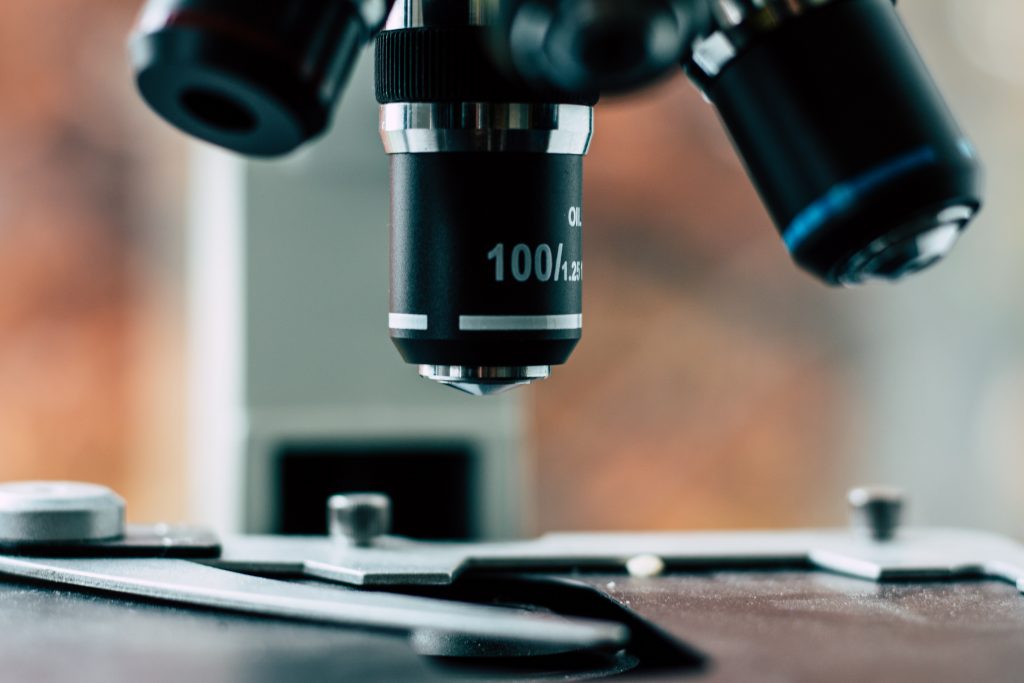Why the Origins Center
The Origins Center is a knowledge center linking excellent Dutch research to international developments. We connect people, talents, knowledge and resources in our country. For a better understanding of the origins and evolution of life on earth and in the universe. For science and the public.
The Origins Center wants the Netherlands to remain at the forefront of international research into the origins and evolution of life. Achieving this requires effort. The Origins Center contributes to this. We support researchers in setting up innovative collaborations and, of course, by finding money for their ambitions.The Origins Center also wants us to be proud of the exceptional work done in the Netherlands. Together we achieve fantastic results which we then show to the whole of the Netherlands.
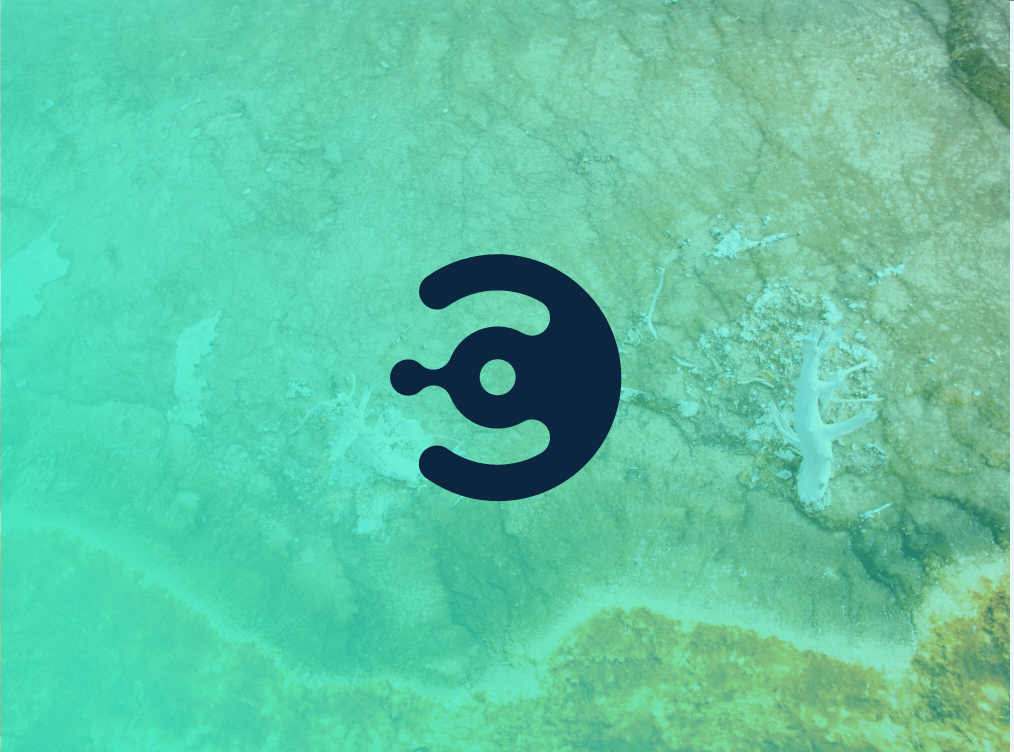
History
The Origins Center stems from the Dutch Research Agenda (Nationale Wetenschapsagenda). The Netherlands Organization for Scientific Research (NWO) believes that the challenges facing the Netherlands must be tackled with the entire field of science. The basis of the Dutch Research Agenda is formed by questions from Dutch citizens to science. The Dutch public thus directly determined the nature and scope of research themes – unique in the Dutch science arena.
The public reactions led to a list of 25 research themes, such as energy transition and sustainable food production. The audience also asked questions about the origins and evolution of life and about life on other planets. These questions were brought together in one knowledge center: the Origins Center. This center was established in 2017 as one of the 25 so-called ‘route organizations’. In recent years, Dutch researchers have worked together on essential research themes and formulated research questions. Their scientific vision has been laid down in the Research Agenda of the Origins Center: a program in which twelve closely interrelated themes are identified. They form priorities, not only in our own projects, but also in our (inter)national networks.
What we do
The Origins Center connects, supports, and activates scientists with a Research Agenda and related Knowledge Networks.
The Origins Center shares groundbreaking research results with the Dutch public. With NEMO Kennislink we build a library with fascinating articles. We make the work of our members visible through TV, newspapers, social media, museums and online channels such as the Universiteit van Nederland. We participate with researchers in the Weekend van de Wetenschap and other festivals.
To give the public and fellow researchers a peek behind the scenes, we bundle the stories of researchers on our website.
How we work
Our Research Agenda is our backbone. In 2017 we formulated five so-called ‘game changers’, but now we have a detailed Research Agenda with twelve themes and various interdisciplinary Knowledge Networks working on those themes.
The Origins Center is the expertise center for and by the affiliated researchers. We help disseminate new insights so that we can work on them together. We do this by organizing an annual conference, a monthly (online) lecture, and regular meetings of the Knowledge Networks.
Do you have a question about scientific research into the origins and evolution of life? Please let us know.
Steering committee
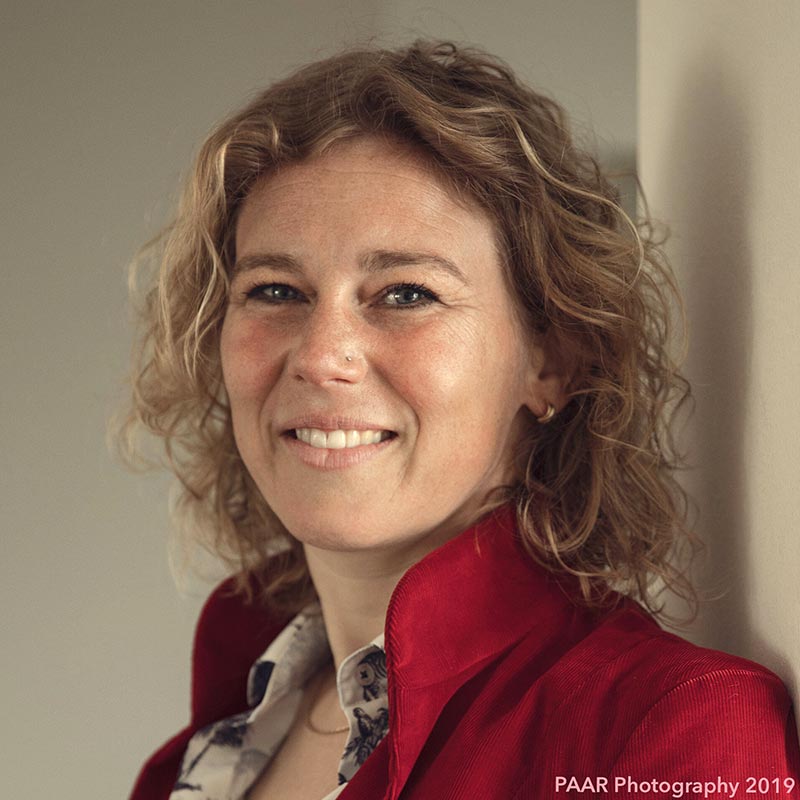
Inge Loes ten Kate
Chair Steering Committee
Utrecht University

Inge Loes ten Kate
Chair Steering Committee
Utrecht University
Networks:
Fields of interest:
I am very much interested in the relation between planet and life. On one hand I am interested in the role of the planet in the origin of life: What are the minimal conditions needed for life to start, what is the role of delivered material, especially organics and water, which geochemical processes transitioned into biochemical processes? In my group we use two experimental facilities to study several of these processes: a planetary surface simulation chamber and a hydrothermal vent-on-a-chip. On the other hand I am interested in the role of life in planetary evolution: would the Earth have developed the same without life, could certain geological, Earth specific processes serve as signatures of life?
(photo: PAAR Photography 2019)
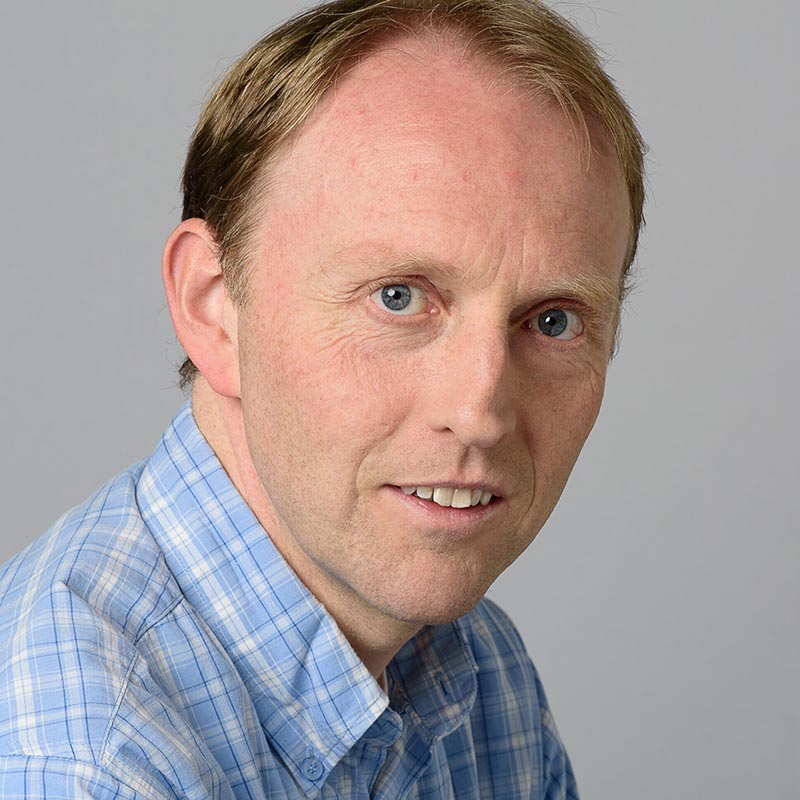
Sijbren Otto
Member Steering Committee
University of Groningen

Sijbren Otto
Member Steering Committee
University of Groningen
Networks:
Fields of interest:
Our long-term aim is to make life de-novo. We are working on the integration of self-replication with metabolism and compartmentalization while operating the system far from equilibrium (in a replication-destruction regime) allowing it to undergo Darwinian evolution. Through these efforts a plausible path to a completely synthetic form of life is starting to be unveiled.
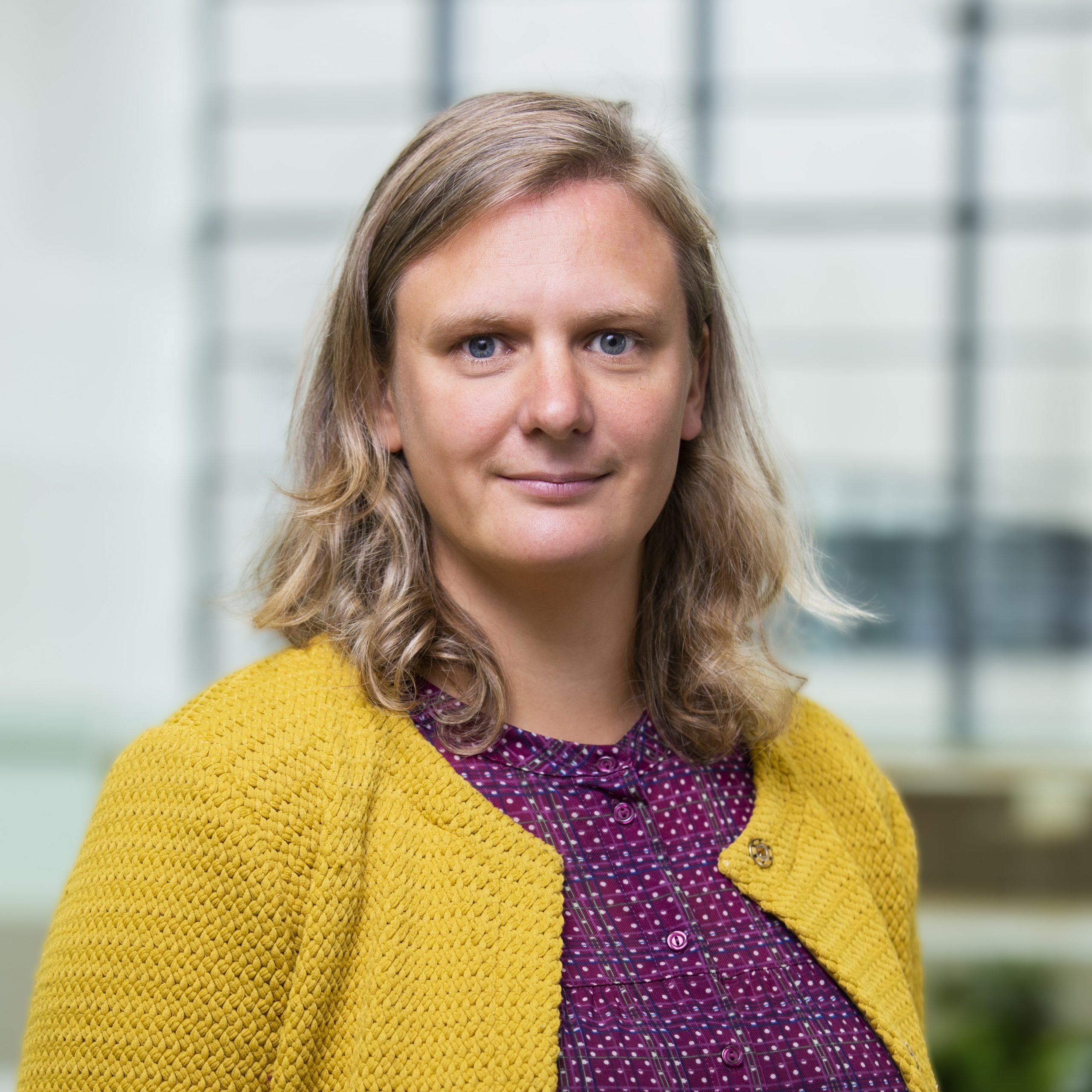
Liedewij Laan
Member Steering Committee
TU Delft

Liedewij Laan
Member Steering Committee
TU Delft
Networks:
Fields of interest:
As pioneers of the emerging field of evolutionary cell biophysics, we aim to understand how the building blocks of a cell constrain and facilitate evolution of cellular functions. The function we focus on is symmetry breaking in budding yeast. We do experimental evolution, quantitative cell biology and modeling in live cells in combination with minimal in vitro systems to understand the molecular mechanisms of adaptive mutations and to predict fitness, both with bottom-up (biophysics) and top-down (statistical) approaches.
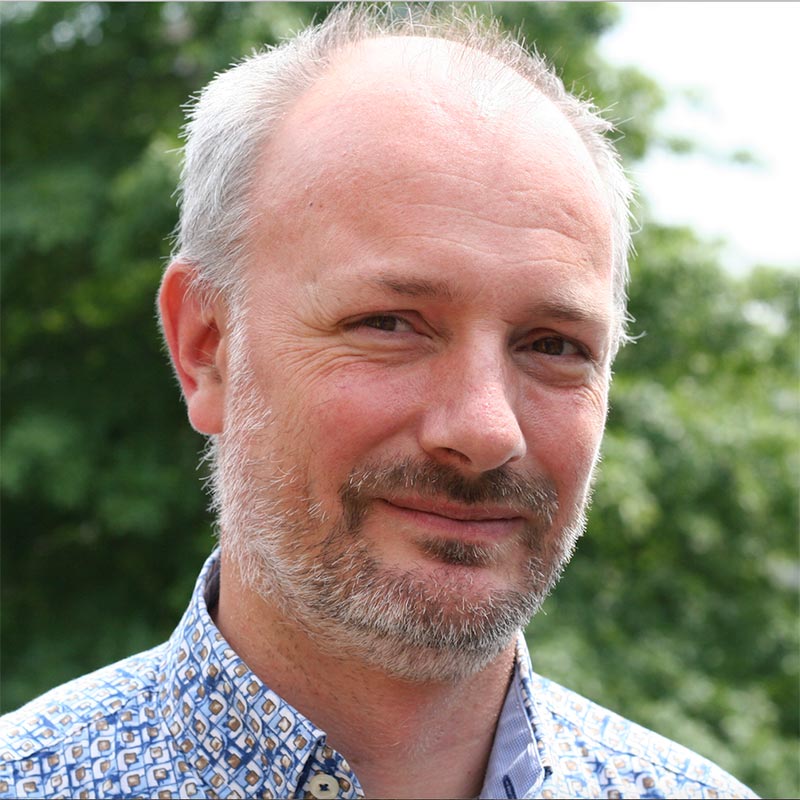
Floris van der Tak
Member Steering Committee
SRON & University of Groningen

Floris van der Tak
Member Steering Committee
SRON & University of Groningen
Networks:
Fields of interest:
My group studies the chemistry of star- and planet-forming regions, and the origin of habitability on planets. We observe clouds, stars, and (exo)planets with ground- and space-based telescopes at infrared and radio wavelengths. We compare the measured composition of planetary atmospheres and planetary systems in formation to predictions of astro- and geochemical models.
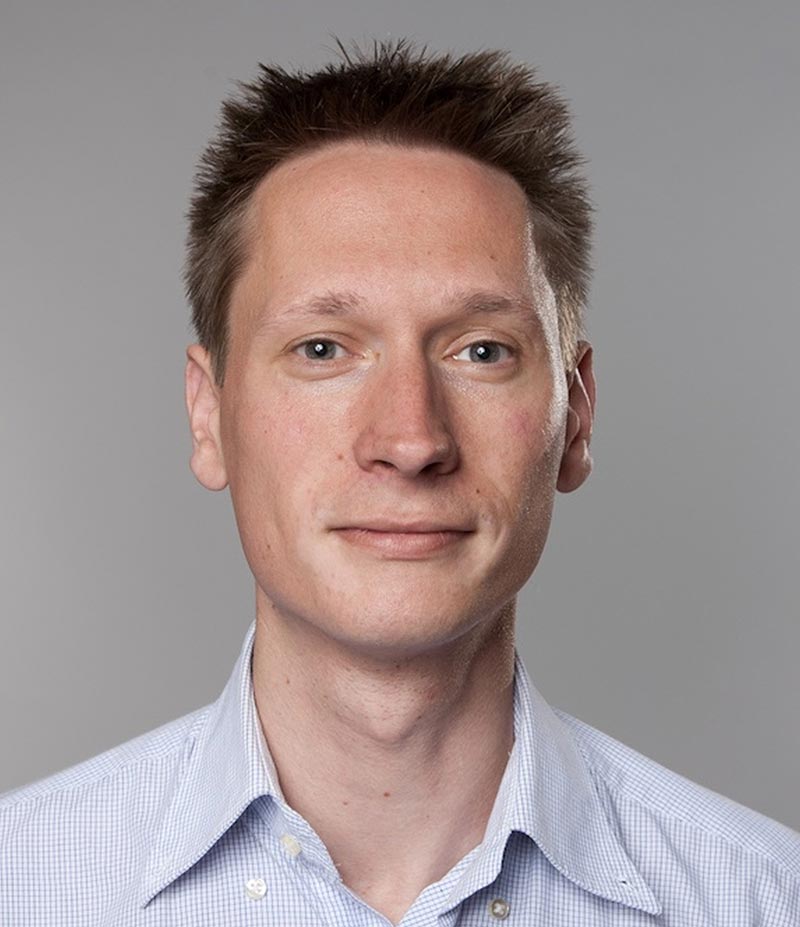
Bob Planqué
Member Steering Committee
Vrije Universiteit Amsterdam

Bob Planqué
Member Steering Committee
Vrije Universiteit Amsterdam
Networks:
Fields of interest:
I try to understand how single celled organisms deal with changes in their environment, using mathematical modeling. How does their cellular organisation allow them to control their fate, control stochastic disturbances caused by others or indeed by themselves, and remain competitive in an ever-changing world?

Bregje Wertheim
Member Steering Committee
University of Groningen

Bregje Wertheim
Member Steering Committee
University of Groningen
Networks:
Fields of interest:
I am fascinated by the genomic basis of evolution: how the genome shapes and affects the ability of organisms to adapt. It is only since a decade that technology allowed us to start quantifying genomic variation within and among species. In my research, I have been employing state-of-the-art technologies and analyses to investigate the true complexity of evolutionary processes and answer long-standing questions in evolution, mapping how genomes change during evolution and how these changes are manifested in gene networks.
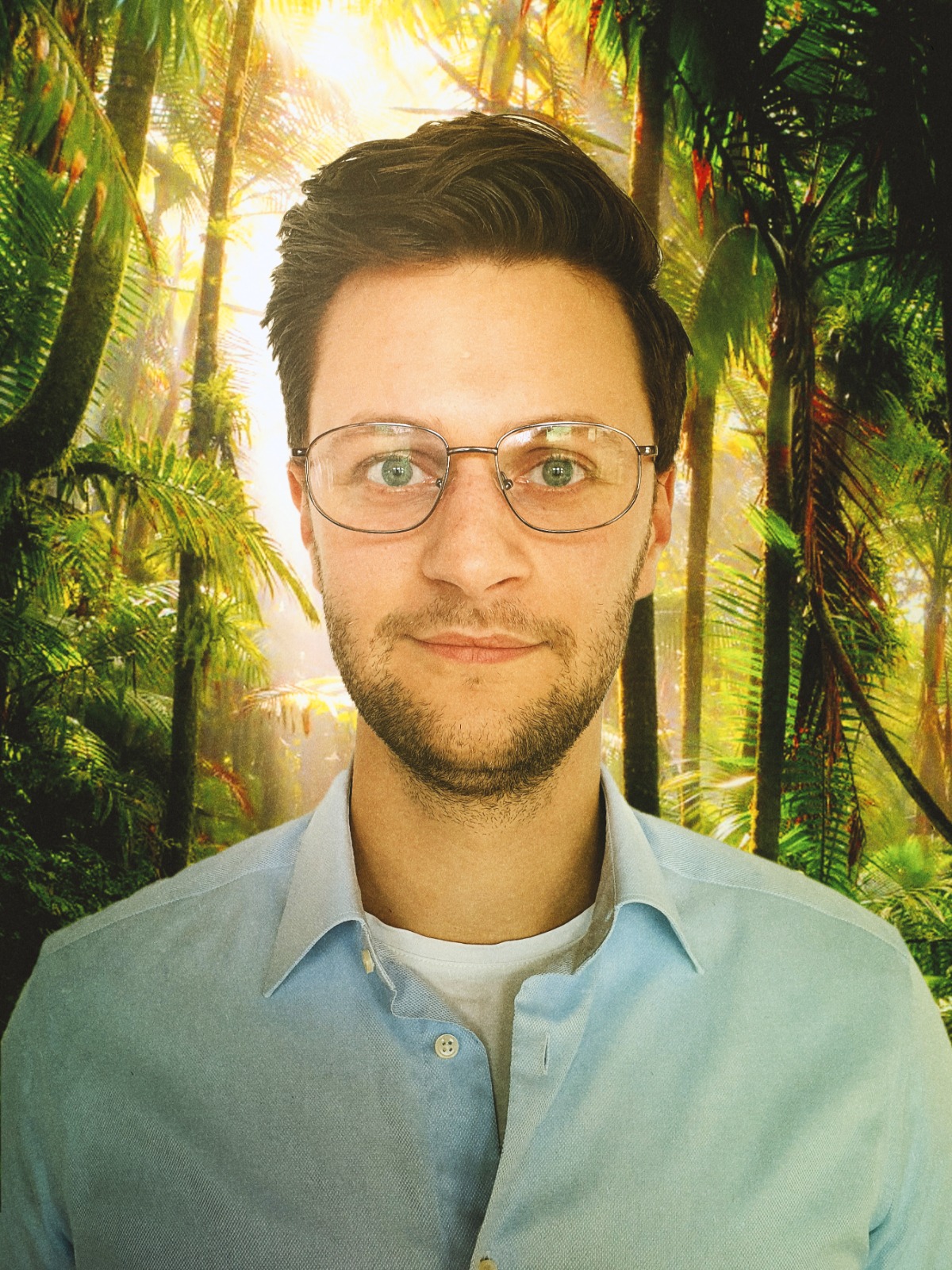
Jim Ottelé
Financial coordinator Steering Committee
University of Groningen (RUG) & Origins Center

Jim Ottelé
Financial coordinator Steering Committee
University of Groningen (RUG) & Origins Center
Networks:
Fields of interest:
The introduction of emergent proto-metabolic functions in self-replicating systems. Obtaining insight in the mechanism of self-replication using kinetic studies and various microscopic techniques.
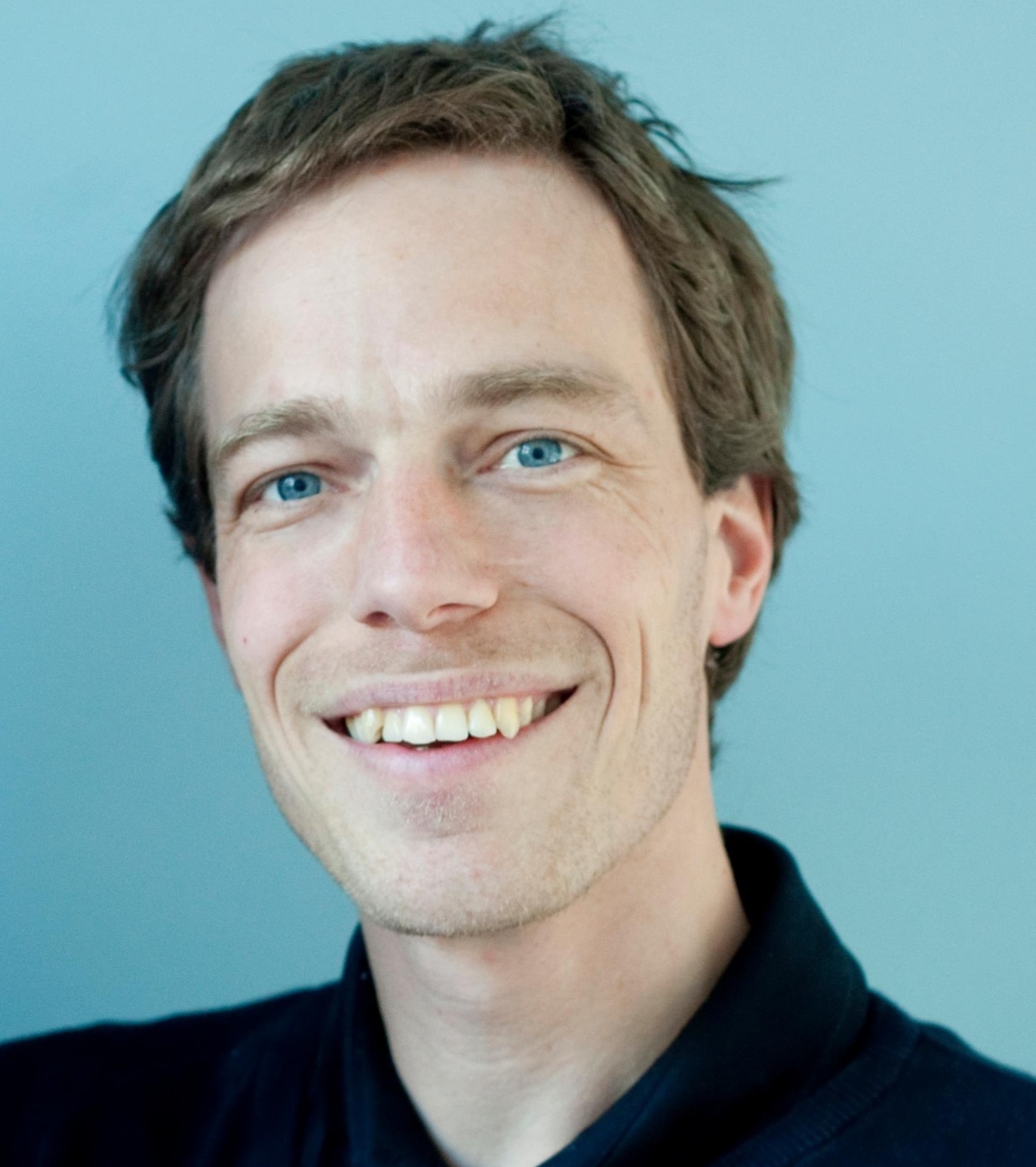
Aaike van Oord
Advisor science communication
Origins Center

Aaike van Oord
Advisor science communication
Origins Center
Networks:
Fields of interest:
Passionate about science, but communicated in such a way that everyone understands it – other scientists and the public. That must be possible, mustn’t it?
Values
The Origins Center wants to connect researchers, share ideas, stimulate interdisciplinary, groundbreaking collaboration between researchers and advocate ‘open science’. We actively share new scientific knowledge about the origins and evolution of life with scientists and the Dutch public.
The Origins Center connects scientists in new networks. This way we stimulate the scientific interaction between previously separated scientific disciplines and strengthen the meaning of their research. We share their achievements in our newsletters, but also during webinars, which are accessible to anyone who wants to know more about the secrets of life, the origin of species and the future of our planet.

The Origins Center is a national knowledge platform that introduces all Dutch people to challenging research into the origins and evolution of life.
The Origins Center is an open source of knowledge for anyone who wants to know more about the origin of life on Earth and evolution. With our news, events, and webinars we bring you in contact with top scientists and show you how they search for answers. Are we alone?
The Origins Center connects worlds. We are a scientific network organization. We facilitate internal and external communication and information sharing. We collect the most important research results. We are always accessible, open to everyone.
Vision and mission
The Origins Center facilitates the acquisition and transfer of knowledge about the origin and evolution of life on Earth and in the Universe between scientists and the general public. We support initiatives that bring us answers to basic questions about life. In this way, we contribute to the development of innovative equipment, infrastructures and research methods: progress with which the Netherlands maintains a top scientific position.
Research questions in the field of evolution are complex and require a coherent approach and methodology. The Origins Center joins forces and helps researchers and citizens to unravel this complexity.
It facilitates groundbreaking fundamental and interdisciplinary research into the origins and evolution of life and makes this knowledge accessible.
Organisation
The Origins Center is a connecting knowledge center for and by Dutch universities and knowledge institutes. The organization, science quality and outreach of the center is guaranteed by a steering committee of six scientists.
The Origins Center has great ambitions. These are supported by the clear vision and mission of the organization. The Origins Center is an active community of over 300 researchers who share this vision and want to collaborate.
The Knowledge Networks are an important platform for content development. Herein, various members of the Origins Center community work together on the scientific search for the origins and evolution of life. Knowledge Networks meet regularly to discuss new ideas and develop good ideas into realistic research proposals.
The Knowledge Networks are the incubators for progressive, interdisciplinary research into the origins and evolution of life. They are the outposts for strengthening collaborations present in the Netherlands. The Knowledge Networks have the ambition to make groundbreaking research results in the field of science accessible to everyone. The Knowledge Networks stimulate researchers from various disciplines to work together to formulate new research proposals: the Research Agenda of the Origins Center.





